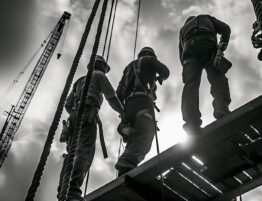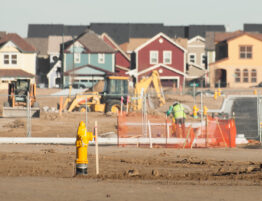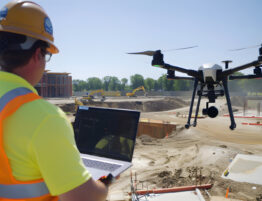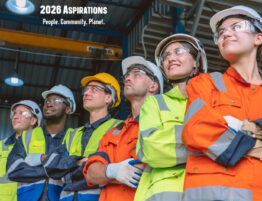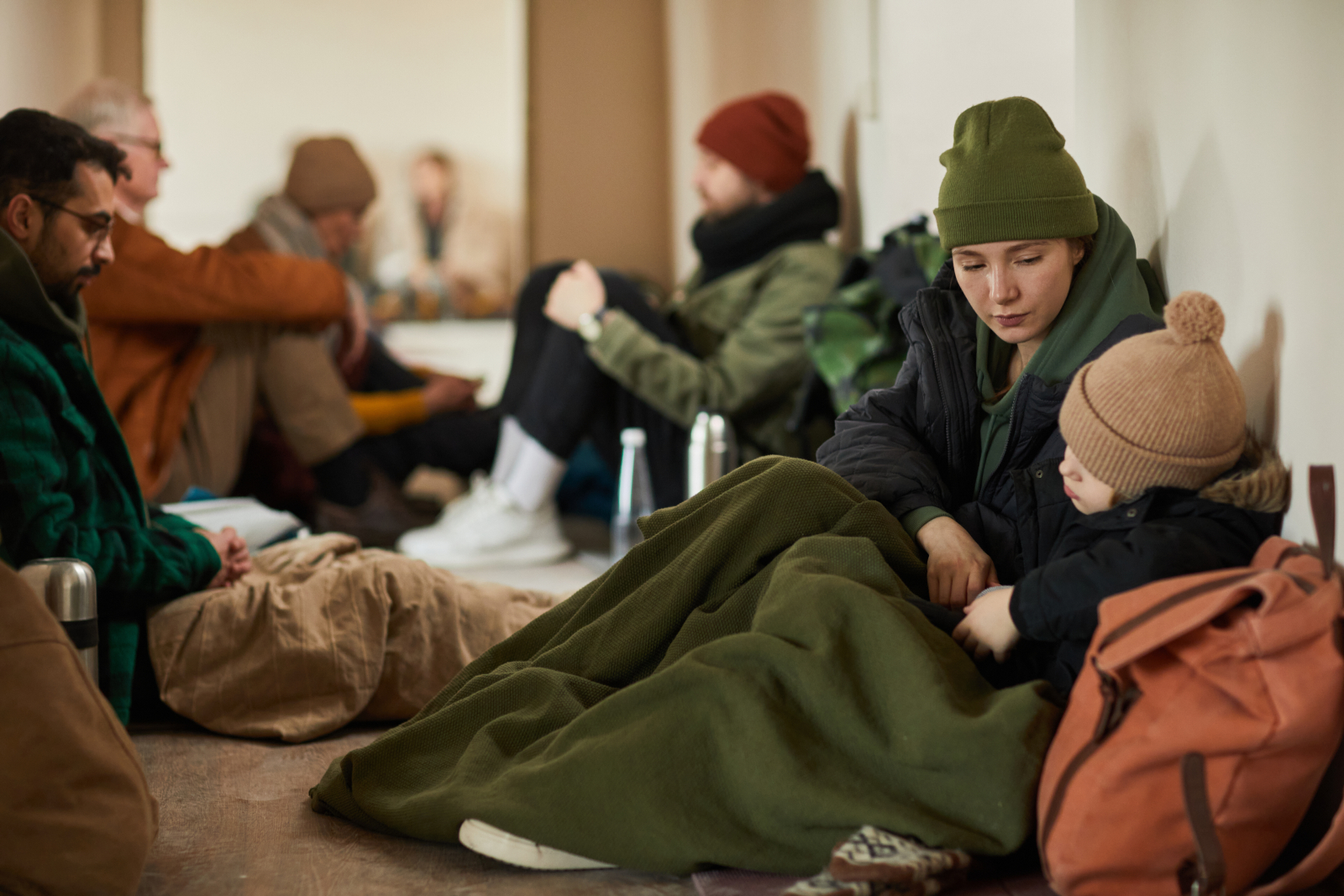
Today (20th June) is World Refugee Day, a moment when people are invited to not only consider the plight and dismal conditions faced by millions of refugees around the world, but also to celebrate the strength and courage of people who have been forced to flee their home countries to escape disaster, conflict or persecution.
Offering the tagline ‘Hope away from Home. A world where refugees are always included’, this year’s theme made us wonder what the inclusion of refugees has meant for the UK in general and how it might work within industries like construction. Read this week’s blog to find out more.
World Refugee Day
At the end of 2022, 108.4 million people worldwide were forcibly displaced as a result of persecution, conflict, violence, human rights violations and events seriously disturbing public order.
This represents an increase of 19 million people compared to the end of 2021 and means that more than 1 in every 74 people on Earth has been forced to flee.
The UNHCR (the UN refugee Agency) is dedicated to saving lives and protecting the rights of people who have been internationally or internally displaced. The agency is now present in 137 different countries – places like Ukraine, Afghanistan, Syria, the DRC, Ethiopia, Myanmar and Iraq.
For World Refugee Day, the UNHCR is raising awareness of the current global situation and using the theme of ‘Hope away from Home. A world where refugees are always included’ to bring the focus on inclusion and solutions that work for everyone.
They say:
“Including refugees in the communities where they have found safety after fleeing conflict and persecution is the most effective way to support them in restarting their lives and enable them to contribute to the countries hosting them. It’s also the best way to prepare them to return home and rebuild their countries, when conditions allow them to do so safely and voluntarily, or to thrive if they are resettled to another country.”
Refugees in the UK
The UK has a long tradition of helping people who have been displaced due to persecution or danger in their native countries.
From the Huguenots who fled France more than 300 years ago, bringing their expertise in silk weaving and finance, to the thousands of Eastern European refugees who’ve started successful businesses (e.g. Michael Marks, one half of Marks & Spencer) to some of the modern-day famous names who are refugees or descendants of refugees (e.g. Rita Ora, Freddie Mercury, Rachel Weisz), history has shown that extending the hand of friendship leads to a country that is enriched culturally, materially and economically.
Despite what seems like increased hostility towards asylum seekers from the government and some of the UK’s media outlets, a new global survey has found that 56% of Britons believe refugees make a ‘positive contribution’. That figure places British people as having the third-most positive attitude towards refugees in the world (just behind Spain and New Zealand).
A positive contribution to construction
For a long time, refugees have been crucial to the construction industry. During and after the Second World War, around 250,000 Polish refugees came to Britain. Many joined the construction industry to fill post-war labour shortages, playing a crucial role in rebuilding infrastructure and housing as part of the national recovery effort.
With the construction industry again facing significant skills shortages, many organisations (including local authorities, businesses and charities) are now looking into how skilled and committed refugees can be given better access into construction jobs.
Canopy Housing in Leeds is a good example. Canopy renovates empty and derelict houses that have been standing empty for years and transforms them into homes through the hard work and commitment of their volunteers and tenants. As part of this work, they are providing volunteering opportunities for refugees, enabling them to get hands-on practical experience in the construction trades – plastering, painting and decorating, tiling and light building work.
Canopy says these kind of projects bring people from completely different backgrounds together, enabling communities to interact and learn from each other’s experiences – helping them to rise above ignorance and prejudice.
Inclusion works for all
Most people who have been forced to flee their homelands are looking for ‘hope away from home’ a way to restart their lives, become self-reliant and use their skills to contribute to the communities that host them.
There are a lot of barriers that stand in the way of this being achieved but, with many of the UK’s industries (including construction) facing huge skills shortages, perhaps that idea of a ‘world where refugees are always included’ could be the solution that works for all.
Find out more about World Refugee Day and how you can support the charitable work undertaken by the UNHCR here.
20.06.2023
Feature image: Freepik

